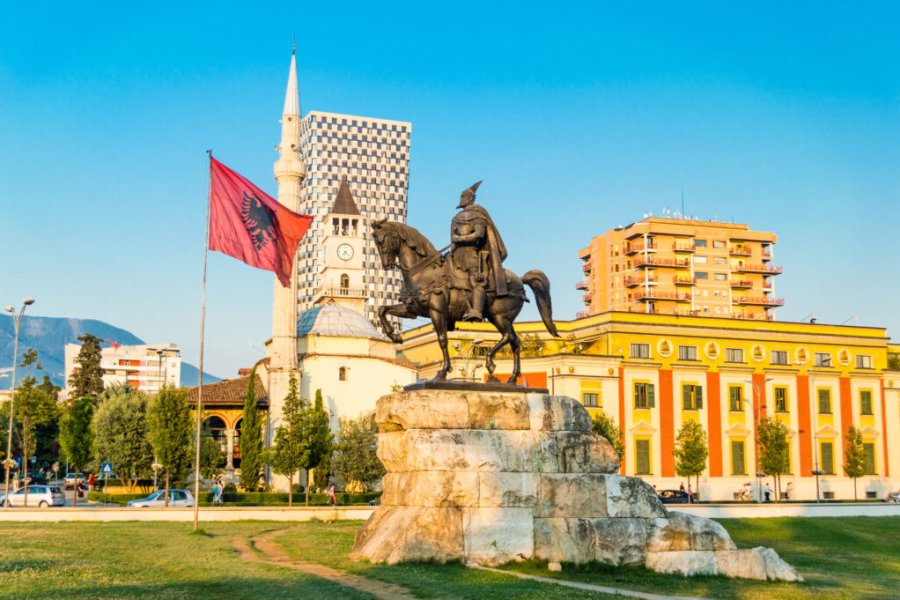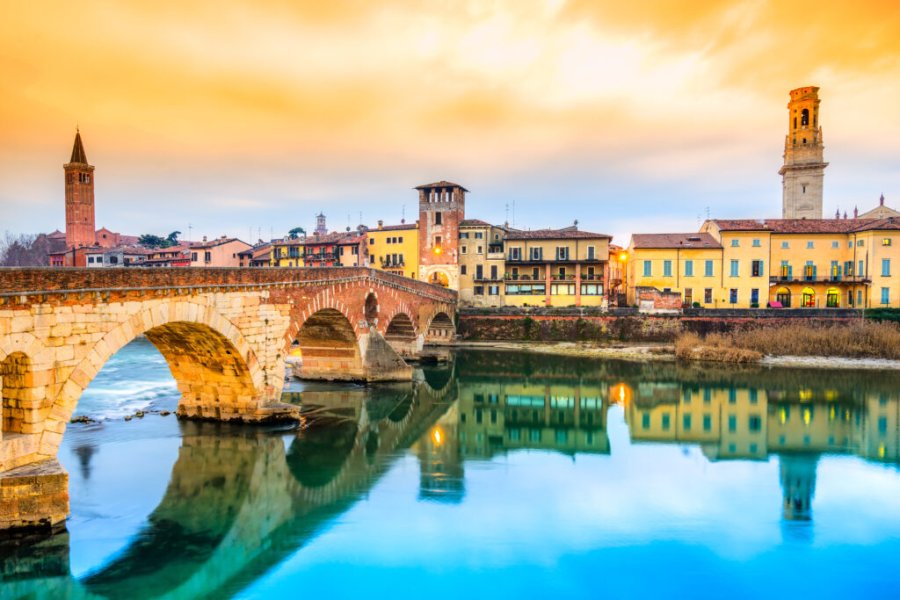Travel Guide Banten
Find an accommodation
Advertising
In the 17th century, when the kingdom of Mataram dominated the rest of Java, the kingdom of Banten held the Sunda Strait. Banten, which had always been a pepper-trading center, first attracted the Portuguese, who landed there in 1545, followed in 1596 by the Dutch, whose first trading post on Java it was. The English arrived in 1603. In 1680, Sultan Agung declared war on the Dutch in Batavia. But he had to surrender, and his allies, the English, were driven out of the city in 1684 in favor of the Dutch East India Company. Banten lost its prestige, however, and became little more than a small fishing port. All that remains of this tumultuous history are the Agung mosque (1559), the overgrown ruins of Fort Speelwijk (1682) and an 18th-century Chinese temple. The city's sultan is said to have built it to thank Chinese doctors for helping him combat malaria. Last but not least, the Surosowan royal palace is a rather motley collection of ruins. Today, Banten is known for its followers of the Debus tradition; Muslim ascetics who thrust sharp, pointed objects into their bodies to learn how to control pain and become better at their traditional martial art.
Suggested addresses Banten
Weather at the moment
Advertising
Organize your trip with our partners Banten
Transportation
Book your plane tickets
Car Rental
Boat rental
Accommodation & stays
Find a hotel
Holiday rental
Find your campsite
Tailor-made trip
Immersion travel
Services / On site
Activities & visits
Find a doctor
Find unique Stay Offers with our Partners
Other destinations nearby Banten
25 km away



